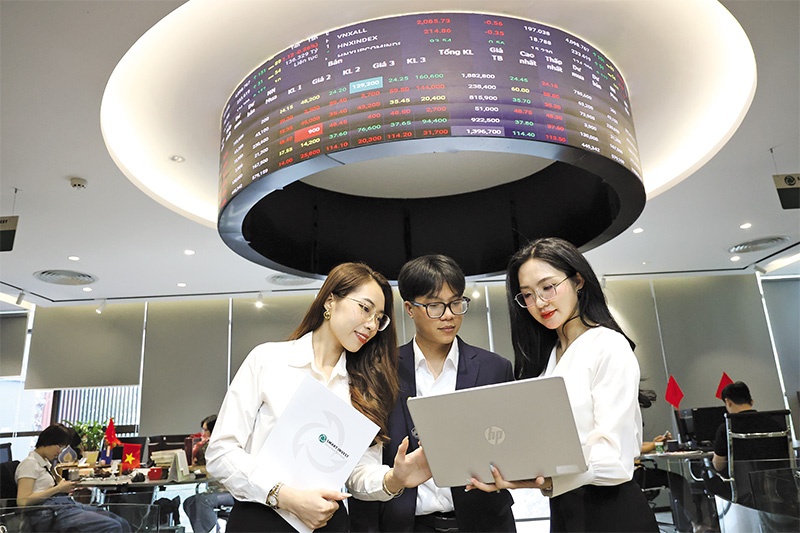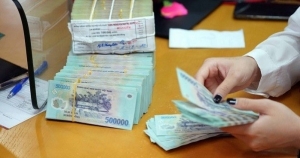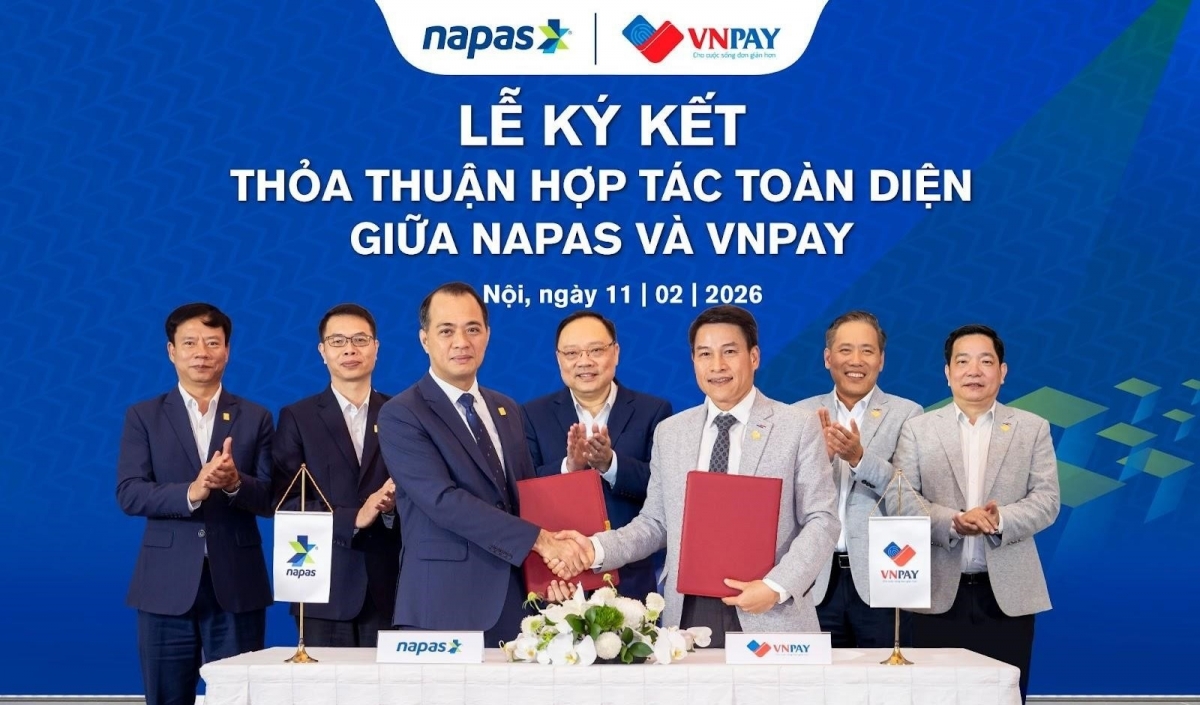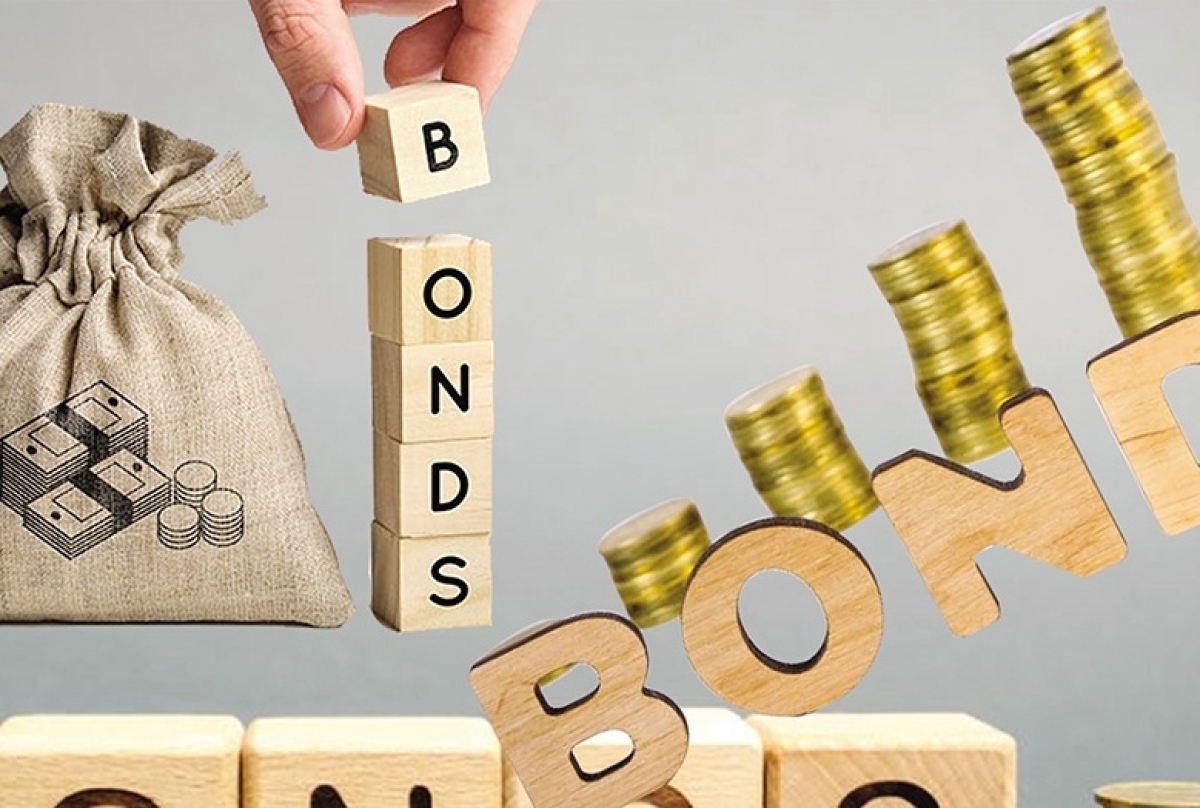INTERNATIONAL INVESTMENT
AND PORTAL
The Vietnam Leading Financial Index has shown a sideways trend over the past month. The index, comprising 23 listed companies, nearly 94 per cent of which are banks, tracks the performance of the financial stock group.
This development partly reflects the fact that major banking stocks on the exchange continue to face price volatility, especially following a sharp decline in early April amid overall market turbulence.
Shares in Vietcombank are currently trading around $2.26, equivalent to their year-end 2023 level and down 15 per cent from their March peak.

Similarly, BID shares are hovering at around $1.4, having lost more than 20 per cent from their early-year highs.
Many banking tickers remain on a downward trajectory, such as TPBank and SeABank, in the absence of new supporting information.
While some stocks have shown a partial recovery since the early April decline, such as OCB, SHB, and MSB, no clear upward trend has emerged, and prices remain below previous highs.
This trend has been largely driven by intensifying challenges after the central bank's decision to allow loan restructuring, which expired on January 1, while bad debt ratios trended upwards in the first quarter of 2025.
This has put pressure on banks’ net interest income due to narrowing net interest margins and heightened provisioning costs.
According to a recent assessment by financial data and analytics platform FiinTrade, the banking sector's price-to-book valuation currently stands at 1.43x, one of the lowest levels ever seen.
Analysts at Ho Chi Minh City-based Yuanta Securities noted that bank asset quality is expected to gradually improve alongside the recovery of the real estate market and the formalisation of a resolution on bad debt settlement by the National Assembly.
However, investors should also pay attention to factors as the potential impacts of adopting International Financial Reporting Standard and unpredictable US tariff policies.
Yuanta further observed that bank stocks remain undervalued compared to their 10-year average. Therefore, considerable upside potential remains, especially for standout stocks with unique growth catalysts such as HDB, MBB, TCB, VCB, and VPB.
For example, HDBank is among the commercial lenders participating in the restructuring of weaker banks, and is expected to benefit from an increased foreign ownership cap.
HDB shares could see substantial upside, particularly since HDBank has yet to partner with a foreign strategic investor.
VPBank, meanwhile, is trading at a compelling valuation with a projected 2025’s price-to-book ratio of just 0.9x, well below the sector median of 1.1x.
Meanwhile, if successful, the upcoming IPO of Techcom Securities (TCBS), slated for the end of 2025, could boost the valuation of Techcombank.
Thanks to its outstanding business performance, TCBS is expected to command a valuation above the brokerage industry median, thereby making a significant contribution to Techcombank’s business performance.
On the market, long-term institutional investors remain confident in the banking sector, given its promising outlook.
In its May report, Finnish investment fund PYN Elite Fund disclosed that banking stocks accounted for 47 per cent of its portfolio as of the end of May.
Petri Deryng, portfolio manager of PYN Elite Fund, noted that the banking sector has gone through several challenging years marked by sluggish profit growth.
These difficulties stem in part from the 2022 bond market crisis and lingering headwinds in the real estate sector and investor sentiment.
“However, this year, overall loan provisioning needs will drop significantly, allowing profits to improve accordingly,” Deryng stated, citing that upcoming legislation will enable banks to swiftly handle collateral assets, unlocking substantial additional income.
With the real estate market on a recovery path, bank asset quality is expected to strengthen.
The government’s ongoing push for infrastructure development, legal reforms, and administrative boundary consolidation is expected to further support the real estate recovery in the near term.
These factors are likely to improve banking asset quality, reduce provisioning pressure, and enhance sector profitability.
 Tariff freeze gives businesses breathing room to adjust
Tariff freeze gives businesses breathing room to adjust
US President Donald Trump announced a 90-day suspension of retaliatory tariffs on April 10, for 75 key trade partners, including Vietnam. Vietnamese businesses are being urged to treat as an opportunity for strategic recalibration amid growing global uncertainties.
 Foreign room expansion opens new opportunities for banks
Foreign room expansion opens new opportunities for banks
The latest move to expand the foreign ownership limit in select commercial banks marks a pivotal step in banking sector reform by offering capital-raising opportunities, boosting market liquidity, and signalling a new phase of strategic investor engagement.
 Outlook brightens for bank stocks in H2
Outlook brightens for bank stocks in H2
As bank stocks continue to trade below their book value, the sector is seeing growing optimism for the second half of the year (H2).



















